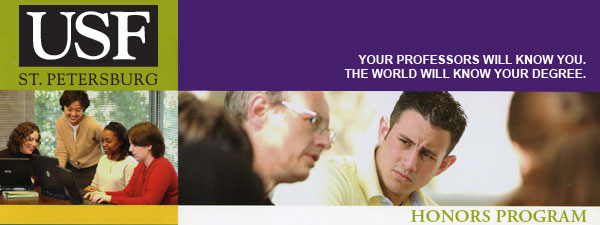USF St. Petersburg campus Honors Program Theses (Undergraduate)
First Advisor
Thesis Director: Deby Cassill, Ph.D. Associate Professor, College of Arts and Sciences
Second Advisor
Thesis Committee Member: David Johns, Ph.D., Professor, College of Arts and Sciences
Publisher
University of South Florida St. Petersburg
Document Type
Thesis
Date Available
2017-10-04
Publication Date
2017
Date Issued
2017-05-04
Abstract
In an ant colony, eggs are continuously laid by the queen and gently cared for by her sterile worker daughters. The queen and her sterile worker daughters care for the helpless brood (eggs, larvae and pupae), cleaning, feeding and protecting in a way analogous to a human mother caring for her helpless, newborn child. For humans and other mammals, oxytocin and vasopressin neurotransmitters promote social bonding, including maternal caretaking. The oxytocin/vasopressin neurotransmitters have been found in a number of invertebrates as well. In ants, the neuropeptide, inotocin, an analog to oxytocin, has been found. However, the function of inotocin in ant behavior is unknown. In this study, we explored the link between inotocin expression and maternal care behavior in the red fire ant, Solenopsis invicta. Our hypotheses were that inotocin would be expressed in mated queens and their sterile worker daughters, but not in their virgin (unmated) sons or daughters. Reverse transcriptase polymerase chain reaction (RT-PCR) and subsequent gel electrophoresis were used to determine if the inotocin gene in the fire ant was expressed. In a pilot study, we use unmated, winged males that do not participate in maternal care of the young. As hypothesized, inotocin was not expressed by unmated males. Although it has been confirmed that inotocin exists in ant species, including the fire ant, further research is required to determine if inotocin is expressed in mated queens and sterile worker daughters known to participate in maternal care of brood.
Creative Commons License

This work is licensed under a Creative Commons Attribution-Noncommercial-No Derivative Works 4.0 License.
Recommended Citation
De Dios, Jasmine D., "Inotocin: The Key to Ant Compassion?" (2017). USF St. Petersburg campus Honors Program Theses (Undergraduate).
https://digitalcommons.usf.edu/honorstheses/216



Comments
A thesis submitted in partial fulfillment of the requirements of the University Honors Program University of South Florida St. Petersburg